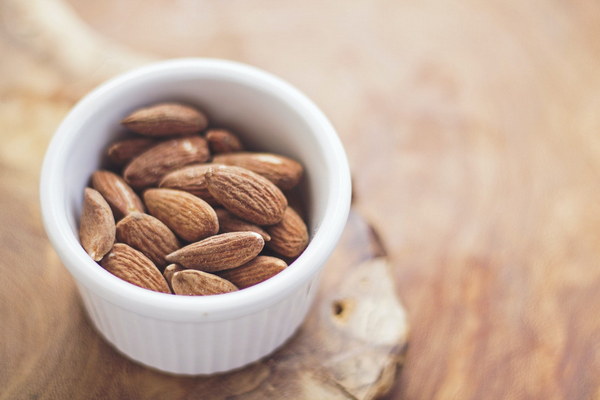PostMenstrual Liver Care Nurturing Your Health After Your Period
After the menstrual cycle comes to an end, your body often needs a little extra care and attention. The post-menstrual phase is a critical time for liver rejuvenation, as the liver plays a significant role in hormone regulation and detoxification. Here's a comprehensive guide on how to nurture your liver after your period.
1. Hydrate Thoroughly
The liver is a water-dependent organ, and proper hydration is essential for its optimal functioning. Drink plenty of water throughout the day to aid in the liver's detoxification process. Aim for at least eight glasses, but increase your intake if you're physically active or in a hot climate.
2. Nutrition for Liver Health

Your diet should be rich in nutrients that support liver health. Include the following in your post-menstrual meal plan:
- Fruits and Vegetables: They are packed with antioxidants and vitamins that help protect the liver from oxidative stress. Berries, leafy greens, and cruciferous vegetables like broccoli and cauliflower are particularly beneficial.
- Omega-3 Fatty Acids: Found in fatty fish such as salmon, mackerel, and sardines, omega-3s can help reduce inflammation and support liver function.
- Lean Proteins: Proteins are crucial for liver repair. Choose lean sources like chicken, turkey, and tofu.
- Whole Grains: They provide sustained energy and fiber, which can help with digestion and liver function. Oats, quinoa, and brown rice are great options.
- Milk Thistle: This herbal supplement is well-known for its liver-protective properties. It can help regenerate liver cells and improve overall liver function.
3. Avoid Harmful Substances
The post-menstrual period is not the time to indulge in substances that can harm your liver. Minimize or avoid alcohol, smoking, and excessive caffeine consumption. These substances can impair liver function and increase the risk of liver disease.
4. Regular Exercise
Physical activity promotes good circulation, which is essential for liver health. Engage in moderate exercise such as walking, cycling, or yoga for at least 30 minutes a day. Exercise also helps manage stress, which can have a negative impact on liver function.
5. Get Adequate Sleep
Sleep is crucial for liver rejuvenation. During sleep, the liver cleanses and repairs itself. Aim for 7-9 hours of quality sleep per night to support your liver's recovery.
6. Manage Stress
Stress can lead to elevated cortisol levels, which can negatively affect liver function. Practice stress-reducing techniques such as meditation, deep breathing exercises, or progressive muscle relaxation to keep your stress levels in check.
7. Regular Health Check-ups
Schedule regular health check-ups to monitor your liver health. Blood tests can detect liver enzymes and bilirubin levels, which can indicate potential liver issues.
8. Herbs and Supplements
In addition to a healthy diet and lifestyle, certain herbs and supplements can support liver health. Milk thistle, artichoke, turmeric, and N-acetyl-L-cysteine (NAC) are some examples. Consult with a healthcare provider before starting any new supplement to ensure they are safe and appropriate for your individual health needs.
By following these post-menstrual liver care tips, you can help ensure that your liver remains strong and healthy. Remember, taking care of your liver is an ongoing process, so make these practices a regular part of your routine.









